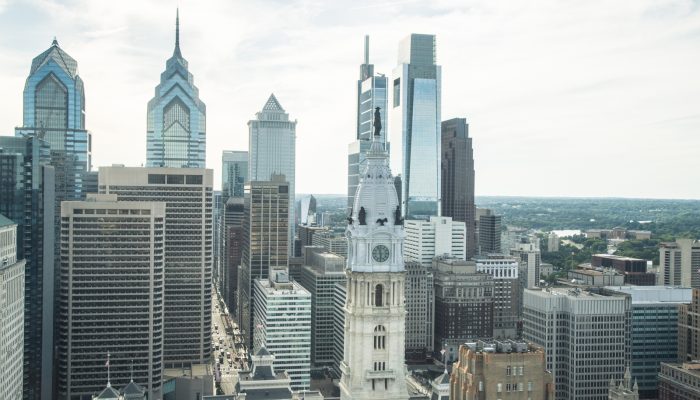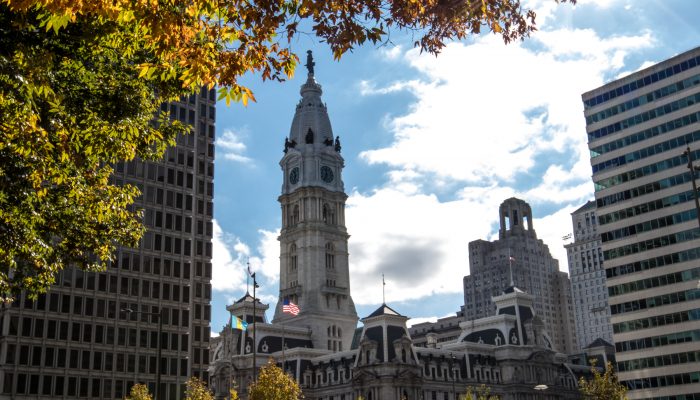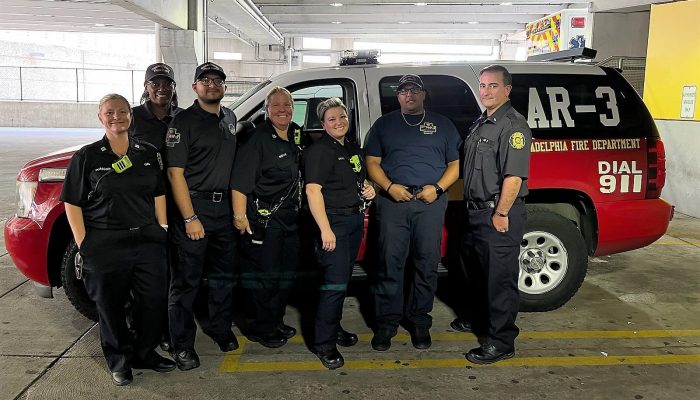Overdose Prevention Sites (OPS) are places where people are permitted to use drugs under the supervision of medical professionals. The purpose of OPS is not to condone substance use, but rather to prevent people from dying of drug overdose and help them connect to treatment and other services.
Approximately 120 OPS exist in ten other countries. The first North American site opened in Vancouver, Canada in 2003, and Philadelphia may soon become the first city in the United States to have a legal OPS, which will be operated by an independent non-profit organization called Safehouse.
Why does the City of Philadelphia support OPS?
Philadelphia is a leader in harm reduction, and the Kenney Administration believes everyone deserves an opportunity to thrive and succeed.
The City supports having one or more OPS in Philadelphia because we believe they can:
- Reduce drug overdose deaths.
- Connect more people to treatment and services.
- Decrease public illicit drug use.
- Reduce the amount of discarded needles and other drug-related litter on our streets.
- Prevent the spread of disease.
- Improve access to healthcare and drug treatment for people suffering from Substance Use Disorder.
In fact, a third party report estimated that a Philadelphia site could save 24-76 lives per year. This is significant considering 1,116 people lost their lives to drug overdoses in 2018 alone.
Who will operate the OPS?
The City itself will not operate the OPS, but we are committed to maintaining public safety and quality of life in the surrounding community, while also protecting the clients using OPS.
Safehouse is a nonprofit organization that is taking a public health approach to overdose prevention in Philadelphia. It is the organization planning to run OPS.
What overdose prevention services will Safehouse offer?
Clients of OPS will undergo an assessment of physical and behavioral health when they arrive. They will be offered the following services:
- Medically supervised consumption room: Sterile equipment, Fentanyl test strips, overdose reversal, emergency care, and safe disposal of equipment.
- Medically supervised observation room: Overdose reversal if needed and access to certified peer specialists.
- Medical services: Wound care; on-site initiation of medication-assisted treatment and recovery counseling; HIV and HCV counseling, testing, treatment; and referral to primary care.
- Case management: Referrals to legal services, education, housing opportunities, and more.
What will the City’s role be in OPS?
The City will not operate an OPS, but we will support these sites by maintaining public safety in the communities surrounding OPS, as well as providing access to medical and wraparound services for OPS clients. We are committed to making sure:
- All people using an OPS respect residents’ and businesses’ safety and property.
- No one intimidates OPS clients or interferes with individuals’ ability to receive services and health care.
- There is no increase in illegal drug sales, violent crime, property crime, disorderly related offenses, or loitering in the vicinity of an OPS.
How will the City maintain public safety in and around OPS?
The Philadelphia Police Department (PPD) will maintain a constant presence in the immediate and surrounding area during the hours of operation for the site.
- PPD will work closely with SEPTA Transit Police Department to provide a strong uniform presence along public transit routes.
- Narcotics enforcement will prevent targeted sales to individuals entering and exiting the facilities.
- PPD’s Civil Affairs Unit will ensure peace in the area should demonstration activities occur.
- Town Watch Integrated Services will assist in organizing neighborhood cleanups, mediating disputes, conducting drug prevention and education, and helping students travel safely to and from schools.
- The City will work with community groups to organize public meetings and support area schools and recreation centers.



